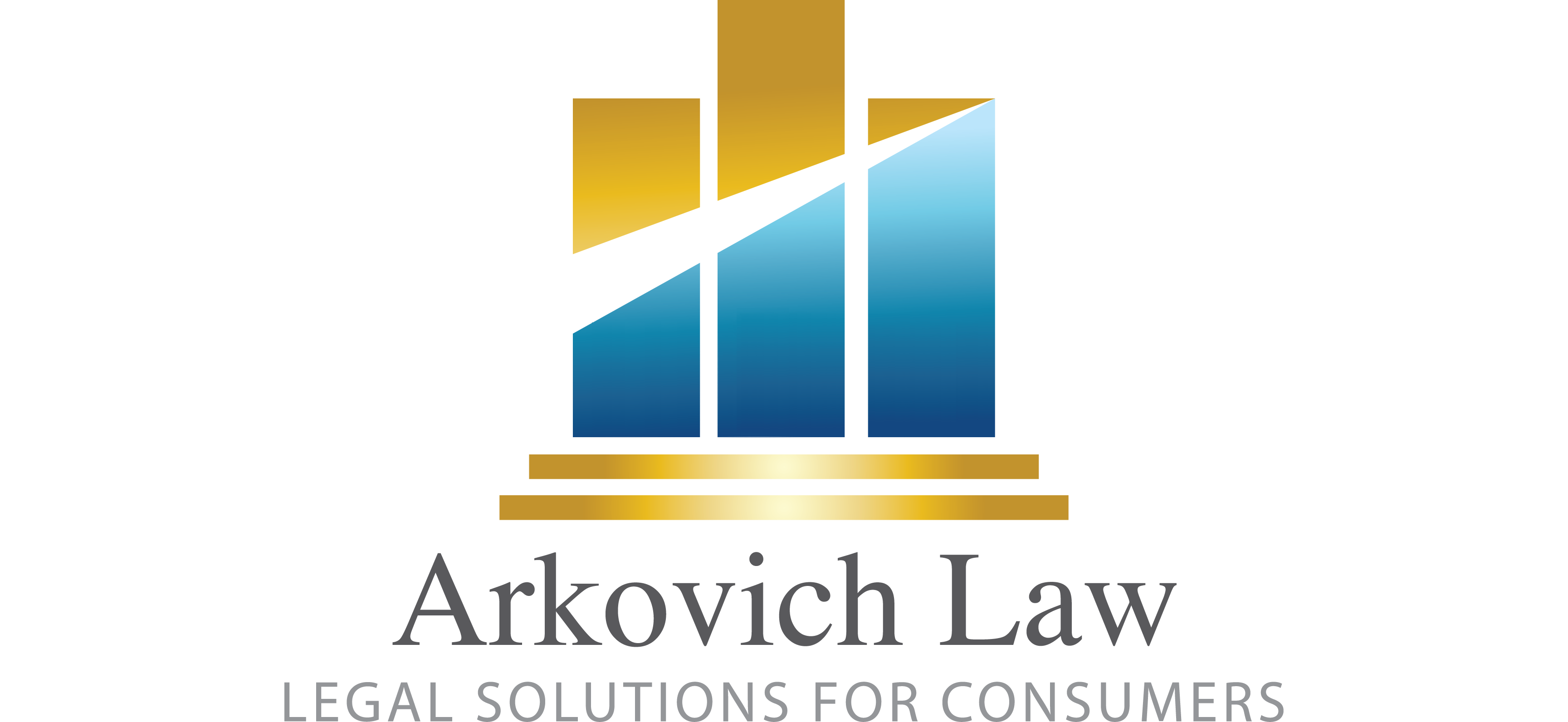|
In light of the recent decision in Hilal K. Homaidan v Sallie Mae, Inc. et al., U.S. 2nd Circuit Court of Appeals, No. 20-1981, are private student loans now considered discharged? Does this only apply in the 2nd Circuit, as well as the 5th and 10th Circuits that have had similar rulings? Does this apply to cases that were filed prior to this ruling?
I know this is long but this is what I advise clients of the law in general on private loans:
Huge recent crucial law changes in interpretation of above.
For many years it was commonly believed that private loans were non-dischargeable. Now, three appellate court cases have interpreted the Bankruptcy Code together with the IRS code to exclude private loans for the most part and thus a private lender must establish the loans are qualified education loans. I’ve been writing, teaching and litigating about this for years.
Thus, the 5th Circuit Court of Appeals in In Re Crocker No. 18-20254 dated 10-21-19, the 10th Circuit Court of Appeals in In Re McDaniel No. 18.1445 dated 8-31-20, and now the 2nd Circuit in In Re Homaidan, No. 20-1981-bk dated 7-15-21, are the only Appellate Court decisions that I know of to interpret that area of the law. The words “..received as an educational benefit”.. simply does “not support inclusion of private student loans”.(Crocker at page 24 and cited in McDaniel fn 11 at page 24), and McDaniel at page 30).
So what does this mean and how exactly does it work? Drink wine here.

Step 1: Creditor must prove the loan is a “qualified education loan” as defined in Internal Revenue Code Section 221(d). That term is defined as follows:
(1)Qualified education loan
The term “qualified education loan” means any indebtedness incurred by the taxpayer solely to pay qualified higher education expenses-
(A)which are incurred on behalf of the taxpayer, the taxpayer’s spouse, or any dependent of the taxpayer as of the time the indebtedness was incurred,
(B)which are paid or incurred within a reasonable period of time before or after the indebtedness is incurred, and
(C)which are attributable to education furnished during a period during which the recipient was an eligible student.
Such term includes indebtedness used to refinance indebtedness which qualifies as a qualified education loan. The term “qualified education loan” shall not include any indebtedness owed to a person who is related (within the meaning of section 267(b) or 707(b)(1)) to the taxpayer or to any person by reason of a loan under any qualified employer plan (as defined in section 72(p)(4)) or under any contract referred to in section 72(p)(5).
Drink more wine, finish first glass.
Step 2: The key term in the definition in Step 1 above is defined as follows: (2)Qualified higher education expenses:
The term “qualified higher education expenses” means the cost of attendance (as defined in section 472 of the Higher Education Act of 1965, 20 U.S.C. 1087ll, as in effect on the day before the date of the enactment of the Taxpayer Relief Act of 1997) at an eligible educational institution , reduced by the sum of-[certain sums} IRC 221(d)(2).
Pour second glass of wine here.

Step 3: Thus, a non-dischargeable “qualified education loan” must be used solely to pay “qualified higher education expenses” defined as the “cost of attendance” at an “eligible educational institution”. All these terms are defined by statute.
A. “cost of attendance” is defined and lengthy:
For the purpose of this subchapter, the term “cost of attendance” means-
(1)tuition and fees normally assessed a student carrying the same academic workload as determined by the institution, and including costs for rental or purchase of any equipment, materials, or supplies required of all students in the same course of study;
(2)an allowance for books, supplies, transportation, and miscellaneous personal expenses, including a reasonable allowance for the documented rental or purchase of a personal computer, for a student attending the institution on at least a half-time basis, as determined by the institution;
(3)an allowance (as determined by the institution) for room and board costs incurred by the student which-
(A)shall be an allowance determined by the institution for a student without dependents residing at home with parents;
(B)for students without dependents residing in institutionally owned or operated housing, shall be a standard allowance determined by the institution based on the amount normally assessed most of its residents for room and board;
(C)for students who live in housing located on a military base or for which a basic allowance is provided under section 403(b) of title 37, shall be an allowance based on the expenses reasonably incurred by such students for board but not for room; and
(D)for all other students shall be an allowance based on the expenses reasonably incurred by such students for room and board;
(4)for less than half-time students (as determined by the institution), tuition and fees and an allowance for only-
(A)books, supplies, and transportation (as determined by the institution);
(B)dependent care expenses (determined in accordance with paragraph (8)); and
(C)room and board costs (determined in accordance with paragraph
(3)), except that a student may receive an allowance for such costs under this subparagraph for not more than 3 semesters or the equivalent, of which not more than 2 semesters or the equivalent may be consecutive;
(5)for a student engaged in a program of study by correspondence, only tuition and fees and, if required, books and supplies, travel, and room and board costs incurred specifically in fulfilling a required period of residential training;
(6)for incarcerated students only tuition and fees and, if required, books and supplies;
(7)for a student enrolled in an academic program in a program of study abroad approved for credit by the student’s home institution, reasonable costs associated with such study (as determined by the institution at which such student is enrolled);
(8)for a student with one or more dependents, an allowance based on the estimated actual expenses incurred for such dependent care, based on the number and age of such dependents, except that-
(A)such allowance shall not exceed the reasonable cost in the community in which such student resides for the kind of care provided; and
(B)the period for which dependent care is required includes, but is not limited to, class-time, study-time, field work, internships, and commuting time;
(9)for a student with a disability, an allowance (as determined by the institution) for those expenses related to the student’s disability, including special services, personal assistance, transportation, equipment, and supplies that are reasonably incurred and not provided for by other assisting agencies;
(10)for a student receiving all or part of the student’s instruction by means of telecommunications technology, no distinction shall be made with respect to the mode of instruction in determining costs;
(11)for a student engaged in a work experience under a cooperative education program, an allowance for reasonable costs associated with such employment (as determined by the institution);
(12)for a student who receives a loan under this or any other Federal law, or, at the option of the institution, a conventional student loan incurred by the student to cover a student’s cost of attendance at the institution, an allowance for the actual cost of any loan fee, origination fee, or insurance premium charged to such student or such parent on such loan, or the average cost of any such fee or premium charged by the Secretary, lender, or guaranty agency making or insuring such loan, as the case may be; and
(13)at the option of the institution, for a student in a program requiring professional licensure or certification, the one-time cost of obtaining the first professional credentials (as determined by the institution).
B. “Eligible educational institution ” is defined at IRC 25A(f)(2). That term has the same meaning given such term by section 25A(f)(2), except that such term shall also include an institution conducting an internship or residency program leading to a degree or certificate awarded by an institution of higher education, a hospital, or a health care facility which offers postgraduate training.
25A(f)(2) is defined also as: The term “eligible educational institution” means an institution-
(A) which is described in section 481 of the Higher Education Act of 1965 (20 U.S.C. 1088), as in effect on the date of the enactment of this section , and (B) which is eligible to participate in a program under title IV of such Act.
Finish second glass, throw glass away and begin drinking from the wine bottle here.

Thus, the creditor has the duty to establish all the above elements for private student loans under section B. Even if all elements are established, then the debtor can still prevail on establishing undue hardship. However, if the creditor later pursues the debt post bankruptcy and no adversary case was filed, the debtor may ask for proof of each of the above elements or see a bankruptcy attorney specializing in such possible violations.
Finish wine bottle and call us for help 🙂

|
 “I just found out that my TPD application was approved!!! I can’t describe the utter disbelief, deep gratitude and tremendous relief I am feeling right now!! Thank you so much to you and your team!! The last 12 months have been extremely difficult for me so this is incredible news!”
“I just found out that my TPD application was approved!!! I can’t describe the utter disbelief, deep gratitude and tremendous relief I am feeling right now!! Thank you so much to you and your team!! The last 12 months have been extremely difficult for me so this is incredible news!” Reboot Your Life: Tampa Student Loan and Bankruptcy Attorney Blog
Reboot Your Life: Tampa Student Loan and Bankruptcy Attorney Blog







